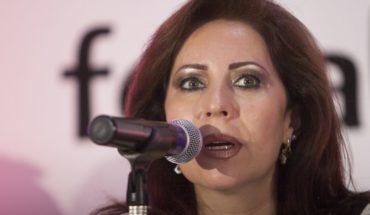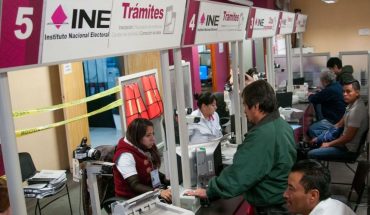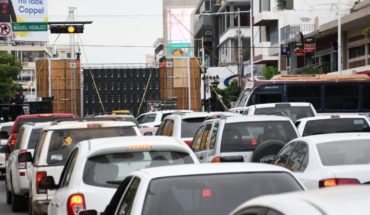SRINAGAR, India (AP) — The Indian government on Monday revoked the controversial special status of Kashmir on Monday, with thousands of newly deployed soldiers in the region and some internet and telephony services suspended in the unstable region of Himalaya, where the majority of the population opposes Indian control. Interior Minister Amit Shah announced the move amid a stir in the two chambers of the Indian parliament, and with Kashmir under a military curfew keeping thousands of people in their homes and unable to communicate with the outside world.
Shah released his statement following a meeting of the cabinet and the top security decision-making body, the Committee on Cabinet Security, convened by the prime minister, Narendra Modi.HELP US Click the Google News star and follow usCachemira is divided between India and Pakistan, and the two countries claim the entire territory. Two of the three wars fought between the two countries since they became independent from Britain were for Kashmir.The repealed Article 370 of the Constitution gave Jammu and Kashmir its own constitution and rights to make their own decisions in all but defence, communications and foreign affairs. The rule also prohibited out-of-state Indian citizens from settling there permanently, buying land, holding local government positions, and accessing educational scholarships in the region. Detractors of Modi’s Hindu nationalist government see the initiative as an attempt to dilute the Muslim majority in Kashmir with Hindu settlers. According to a copy of the order, the repeal of Article 370 “will enter into force once and “replaces the Constitution”.
Despite the internet blockade, the former chief minister of Jammu and Kashmir, Mehbooba Mufti, tweeted that the government’s decision is “illegal” and “unconstitutional.”
“Today marks the darkest day in Indian democracy,” Mufti.Shah also introduced the “Reorganization of Jammu and Kashmir” bill, which if approved would divide the state into two territories of the union: on the one hand Jammu and Kashmir, which will have a legislature, and by another Ladakh, which will be governed directly by the central government without a legislature of its own. The current state includes three regions: Hindu-majority Jammu; Muslim-majority Kashmir and Buddhist-majority Ladakh. Regional parties in Jammu and Kashmir had described previous attempts to repeal the article in the Indian Constitution as an aggression against the people. Government troops set up steel barricades and barbed wire on roads and junctions on Sunday night to isolate neighborhoods in Srinagar, the region’s main city. The government issued an order banning public meetings, marches and displacements, noting that schools would remain closed. The authorities also blocked mobile internet connection, a common strategy to prevent marches against India from being organized and to prevent the spread of news. The order affected some 7 million people living in the area. In recent days, Indian authorities have deployed at least 10,000 additional troops to Kashmir, which was already one of the most militarized regions in the world. The government has also ordered thousands of Hindu tourists and pilgrims to leave the region.
Tension has also soared along the Control Line, the volatile, militarized border that separates India- and Pakistan-controlled areas.
One woman was wounded On Sunday by Indian gunfire near the border, according to Pakistani police. In border villages in Pakistan, neighbours moved to safer locations or built and reinforced bunkers and shelters against cross-border fire. India and Pakistan often blame each other for initiating skirmishes at the border. Modi and his Hindu nationalist party Bharatiya Janata were re-elected this year following a campaign in which he vowed to eliminate the special rights conferred on Kashmir in the Indian Constitution.





